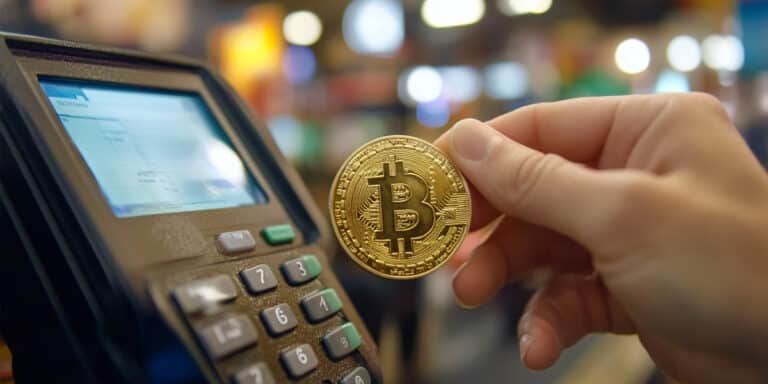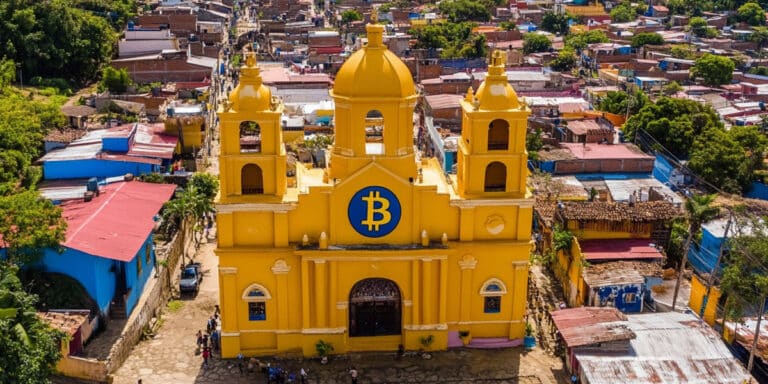World Food Program USA Now Accepts Bitcoin
World Food Program USA Embraces Bitcoin for Global Aid After Trump-Era Funding Fumble.
- World Food Program USA now accepts Bitcoin and 80+ cryptocurrencies for global food aid.
- The Trump administration accidentally cut funding, then swiftly restored it.
- Crypto offers lower fees, instant processing, and tax benefits.
The World Food Program USA has started accepting donations in more than 80 cryptocurrencies, including Bitcoin and Dogecoin.
This decision aims to enable faster and more secure support for its food assistance initiatives across over 120 countries and territories.
U.S. Funding Cut Sparks WFP's Shift to Crypto Donations
According to a blog post by World Food Program USA, their new approach to cryptocurrency donations became possible through a partnership with The Giving Block, a platform designed to raise funds using crypto, stock, and cash.
Last month, the food initiative program launched the Emergency Hunger Relief Fund, seeking to raise over $25 million in private and individual donations from the U.S.
These funds will support 58 million people on the brink of starvation across the globe.
Dorota Amin, Chief Philanthropy and Partnerships Officer at World Food Program USA explained the urgency of adapting to new technologies in a time of increasing need and decreasing resources.
She stated that “Traditional aid systems are under immense pressure” and that adopting innovative solutions like cryptocurrency is no longer just an option but a necessity.
Amin’s call for innovation follows the Trump administration’s decision to end U.S. funding for UN food aid programs in 14 countries, including Afghanistan, Syria, and Yemen.
In an April 7 X post, the World Food Programme expressed concern, urging the U.S. to reconsider the cuts. Their message warned that these reductions could be a death sentence for millions facing hunger and starvation.
On April 8, the U.S. State Department announced that it had rolled back some of the proposed funding cuts to the WFP’s emergency projects.
The government clarified that some contracts for life-saving aid had been terminated by mistake.
The World Food Programme quickly responded, expressing gratitude in another X post for the U.S.'s decision to continue prioritizing food assistance for those suffering from hunger in crisis zones.
Crypto Donations Provide Donors Better Benefits Over Traditional Methods
The blog post also cited the advantages of crypto donations over traditional methods.
First, lower transaction fees make cryptocurrency donations more efficient, ensuring that a larger portion of each donation goes directly to those in need.
Credit card processing fees can be steep, but cryptocurrency transactions typically cost much less. Second, crypto donations offer tax advantages. Donors may be eligible for deductions at full market value and might avoid paying capital gains tax on the appreciated value of their crypto holdings.
Third, cryptocurrency donations are processed almost instantly. While traditional donations can take days to process, crypto transactions happen within minutes, enabling faster support for urgent relief efforts.
The World Food Programme isn't alone in adopting cryptocurrency for practical purposes.
Numerous large companies, including Amazon and Coca-Cola, have incorporated Bitcoin and other cryptocurrencies into their payment systems.
This signals a broader acceptance of digital currencies in mainstream operations.
However, despite this positive news for crypto enthusiasts, the value of Bitcoin remains far below its all-time high.
At press time, Bitcoin is valued at $81,756, a major drop from its peak of over $108,000 on January 20, the office inauguration day of President Trump.
Still, the news reflects a growing trend of crypto integration into the philanthropic sector, presenting new opportunities for donors and recipients alike.



